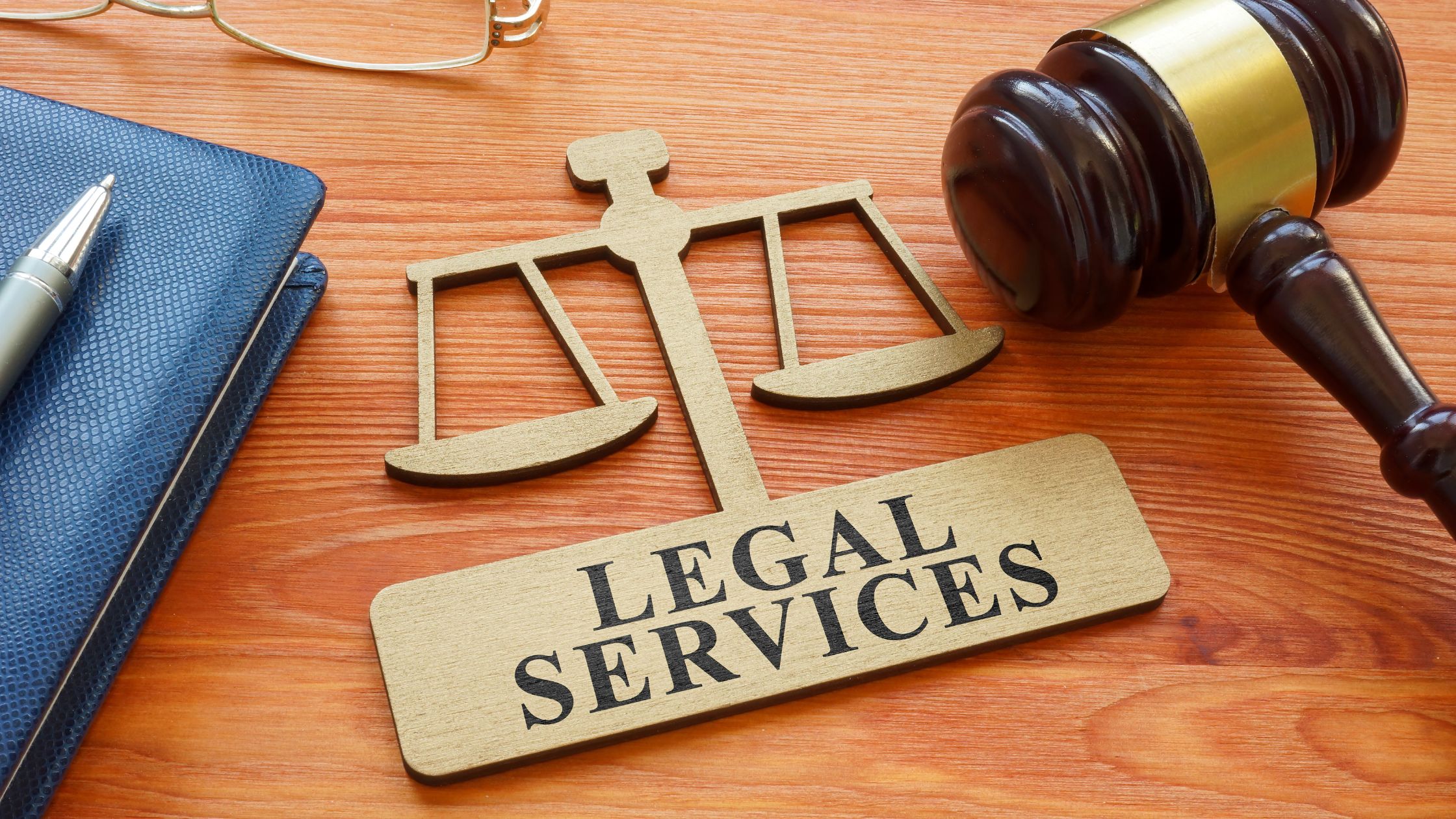
Free Legal Resources for Seniors: Where to Find Help
Aging comes with unique legal challenges, from estate planning and Medicare disputes to housing rights and elder abuse protection. However, hiring an attorney can be expensive, leaving many seniors wondering where to turn for affordable legal help. The good news? There are free legal resources available for seniors that cover everything from drafting wills to handling landlord disputes. In this guide, we’ll explore trusted, no-cost legal aid options to help seniors navigate important legal matters without breaking the bank.
Why Seniors Need Legal Assistance
Legal issues can arise unexpectedly, and having the right legal documents in place ensures that seniors’ rights and wishes are protected. Here are the most common legal concerns older adults face:
1. Estate Planning & Wills
A properly drafted will or trust ensures that assets are distributed according to a senior’s wishes, preventing legal disputes among family members.
2. Power of Attorney & Healthcare Directives
A durable power of attorney (POA) allows a trusted person to handle financial and medical decisions if a senior becomes incapacitated. Advance healthcare directives outline medical preferences in case of emergency.
3. Elder Abuse & Financial Fraud Protection
Many seniors are vulnerable to financial exploitation, scams, and mistreatment. Access to free legal services can help identify, prevent, and take action against abuse.
4. Social Security, Medicare & Medicaid Assistance
Navigating government benefits can be confusing. Legal assistance can help appeal denials, resolve disputes, and maximize benefits for programs like Social Security, Medicare, and Medicaid.
5. Housing & Tenant Rights
Many seniors face eviction threats, unfair landlord practices, and unsafe housing conditions. Free legal aid ensures that seniors understand and defend their housing rights.
Top Free Legal Aid Programs for Seniors
Many federal, state, and nonprofit organizations offer free legal services tailored specifically for seniors.
1. Legal Services Corporation (LSC) – Federally Funded Legal Aid
LSC provides free legal assistance through nonprofit law firms across the U.S., helping seniors with:
- Wills and estate planning
- Public benefits disputes (Social Security, Medicare, Medicaid)
- Housing and eviction defense
Find an LSC office near you: Visit www.lsc.gov.
2. State & Local Legal Aid Programs
Many states have legal aid organizations funded by the Older Americans Act (OAA), offering free legal advice on healthcare, benefits, and elder rights.
Find local legal aid: Visit LawHelp.org and select your state.
3. Area Agencies on Aging (AAA) – Senior Legal Help Centers
Your local AAA office can connect you with free elder law attorneys, Medicare counselors, and elder abuse protection programs.
Locate your AAA office: Call 1-800-677-1116 or visit Eldercare Locator.
Free Legal Hotlines for Seniors
Seniors can speak directly with attorneys through state and national legal hotlines for free legal advice.
- 1. Eldercare Locator Hotline (1-800-677-1116)
Provides referrals to local legal aid programs and elder rights services. - 2. National Elder Law Foundation (NELF)
Connects seniors with certified elder law attorneys for free consultations. Visit www.nelf.org. - 3. State Bar Association Hotlines
Most states have free legal hotlines offering estate planning, housing, and benefits guidance. Search your state’s bar association website for details.
Best Online Legal Resources for Seniors
For those who prefer online legal assistance, several organizations offer free legal resources, guides, self-help tools, and legal aid directories.
1. AARP Legal Counsel for the Elderly
AARP provides free legal aid for low-income seniors, specializing in:
- Estate planning & fraud prevention
- Housing and landlord-tenant disputes
- Public benefits assistance
Visit: www.aarp.org.
2. BenefitsCheckUp (by NCOA) – Help with Social Security & Medicare
This free tool helps seniors determine eligibility for Medicare, Medicaid, and other benefits while offering legal aid referrals.
Visit: www.benefitscheckup.org.
3. LawHelp.org – Find Free Legal Aid by State
This platform connects seniors with local legal aid programs tailored to their specific needs.
Visit: www.lawhelp.org.
Find Free Legal Clinics & Senior Centers
Many local senior centers and community legal clinics offer free estate planning workshops, elder law consultations, and legal clinics.
- Senior centers often host free will-writing sessions and Medicaid planning help.
- Law schools provide free legal aid clinics, where law students (supervised by attorneys) assist seniors.
How to find free legal clinics: Contact your local senior center or call your Area Agency on Aging.
Pro Bono Legal Services from Law Firms
Many private law firms offer pro bono (free) legal services for seniors who cannot afford legal fees.
- State bar associations often have pro bono attorney directories.
- Local nonprofit law firms may provide free representation for seniors facing legal disputes.
Find pro bono attorneys: The American Bar Association (ABA) has a directory of state-by-state free legal aid services at www.americanbar.org/groups/probono_public_service.
How to Choose the Right Legal Resource
When seeking free legal assistance, follow these steps:
- Identify your legal needs – Do you need estate planning, tenant rights help, or elder abuse protection?
- Check eligibility – Some services are based on income level, age, or location.
- Verify legitimacy – Avoid scams by ensuring you’re using official government or nonprofit resources.
Final Thoughts: Get the Free Legal Help You Need
Many seniors assume they can’t afford legal services, but free legal help is available through government programs, nonprofits, and pro bono attorneys. Whether you need assistance with wills, power of attorney, benefits, or fraud protection, there are trusted legal aid options ready to help.
If you need immediate assistance? Start by calling Eldercare Locator (1-800-677-1116) or searching for free legal aid programs on LawHelp.org.
By taking advantage of free legal resources, seniors can protect their rights, secure their finances, and plan for the future—without the stress of costly legal fees.
